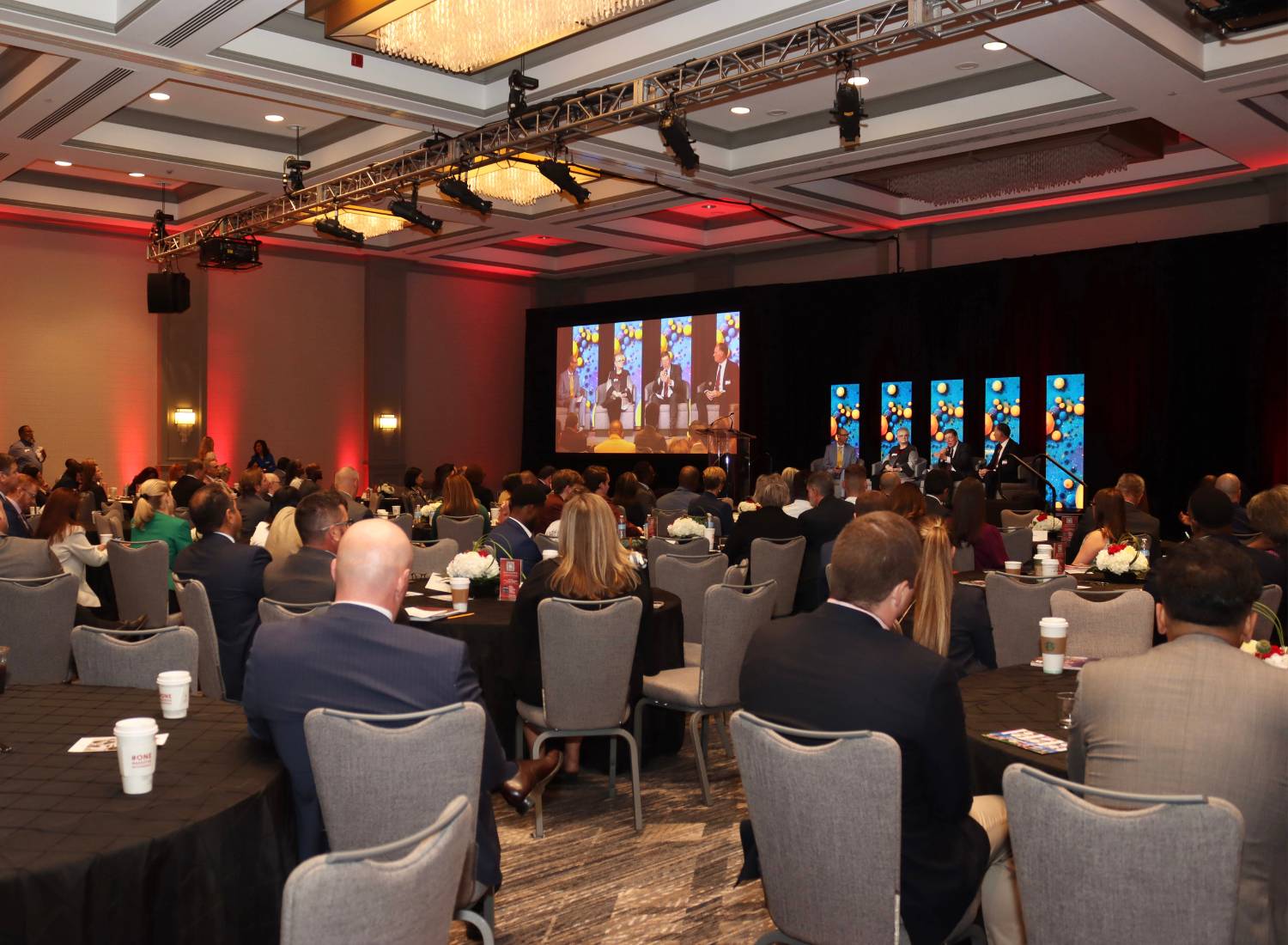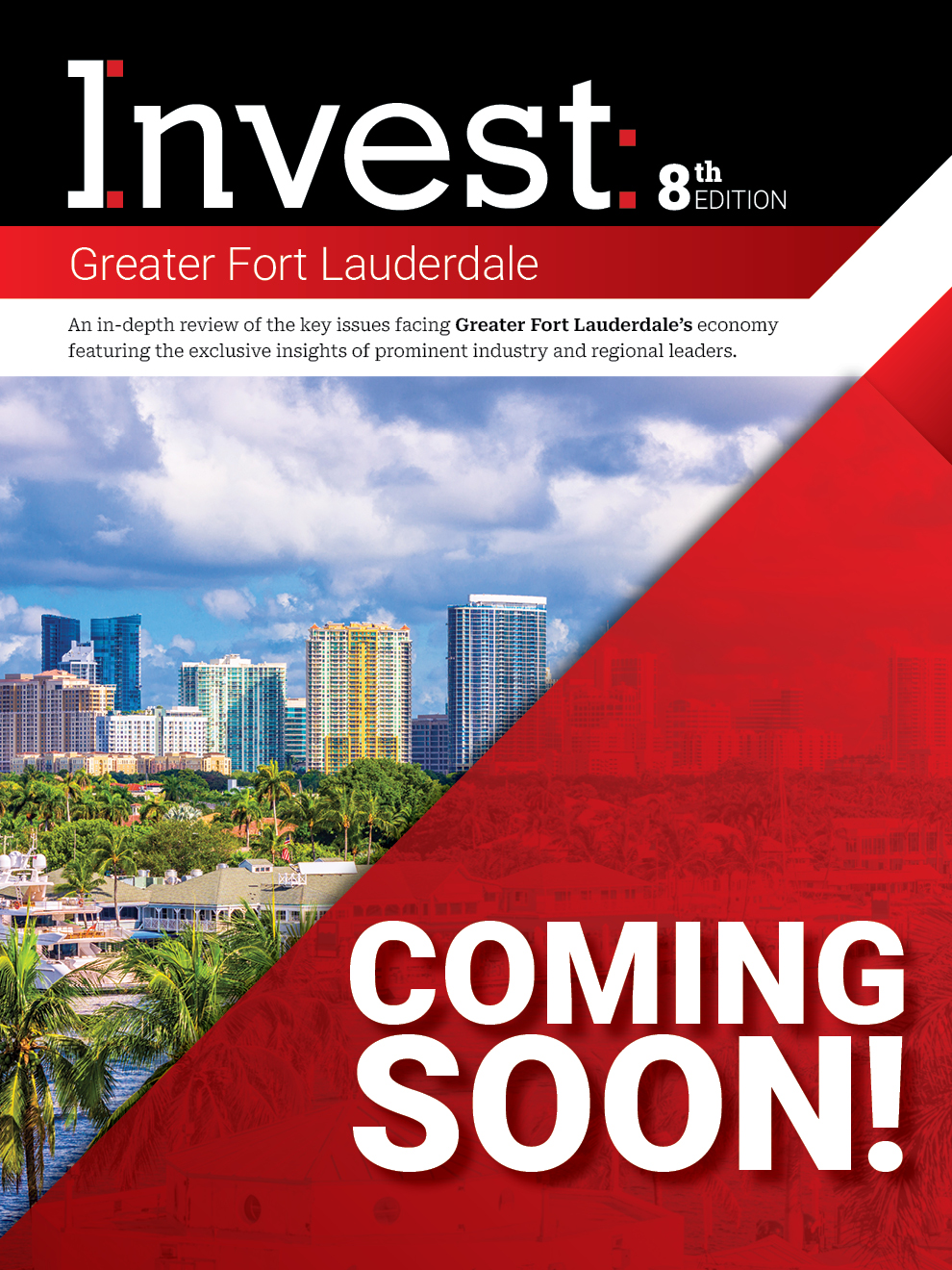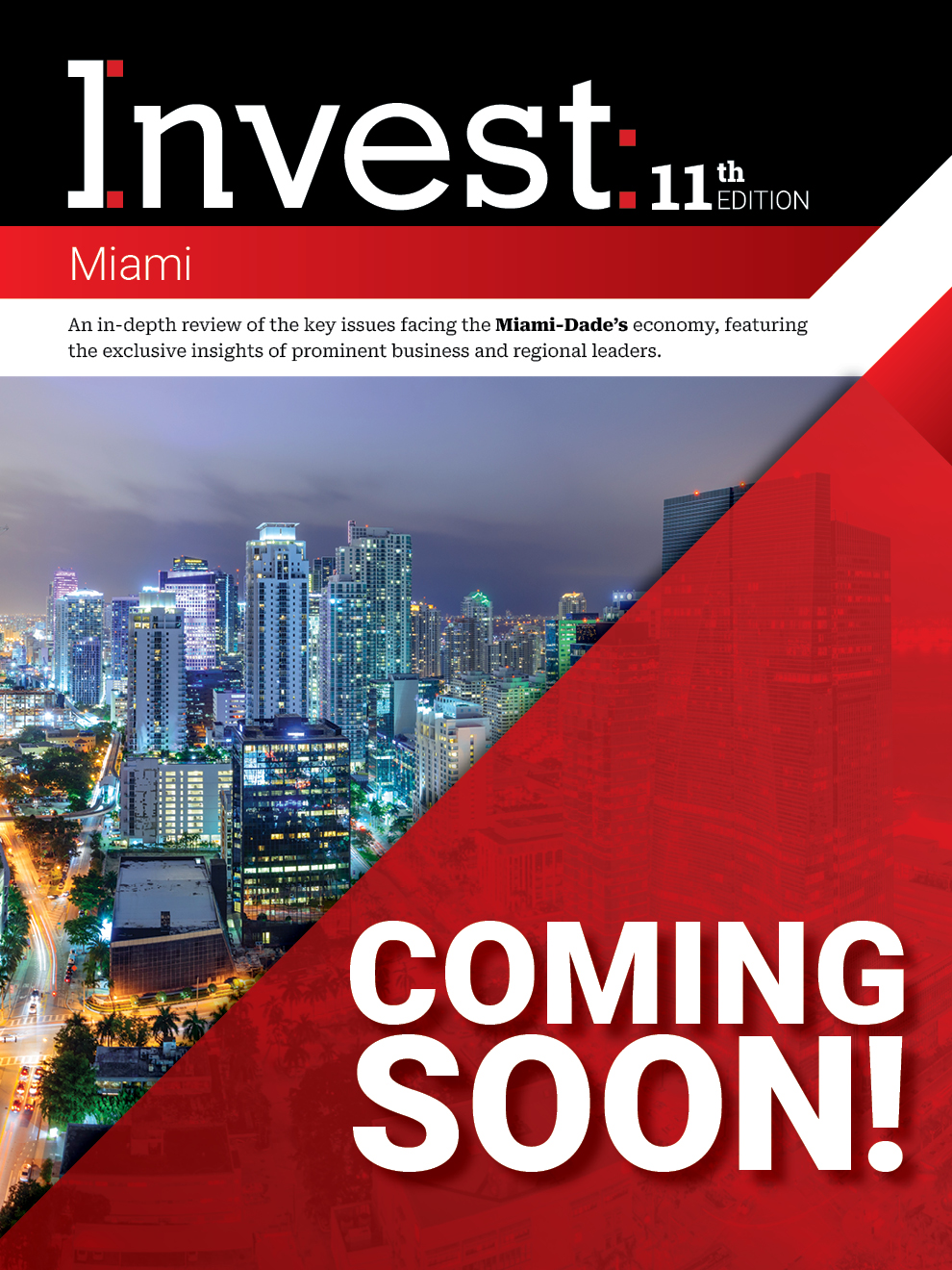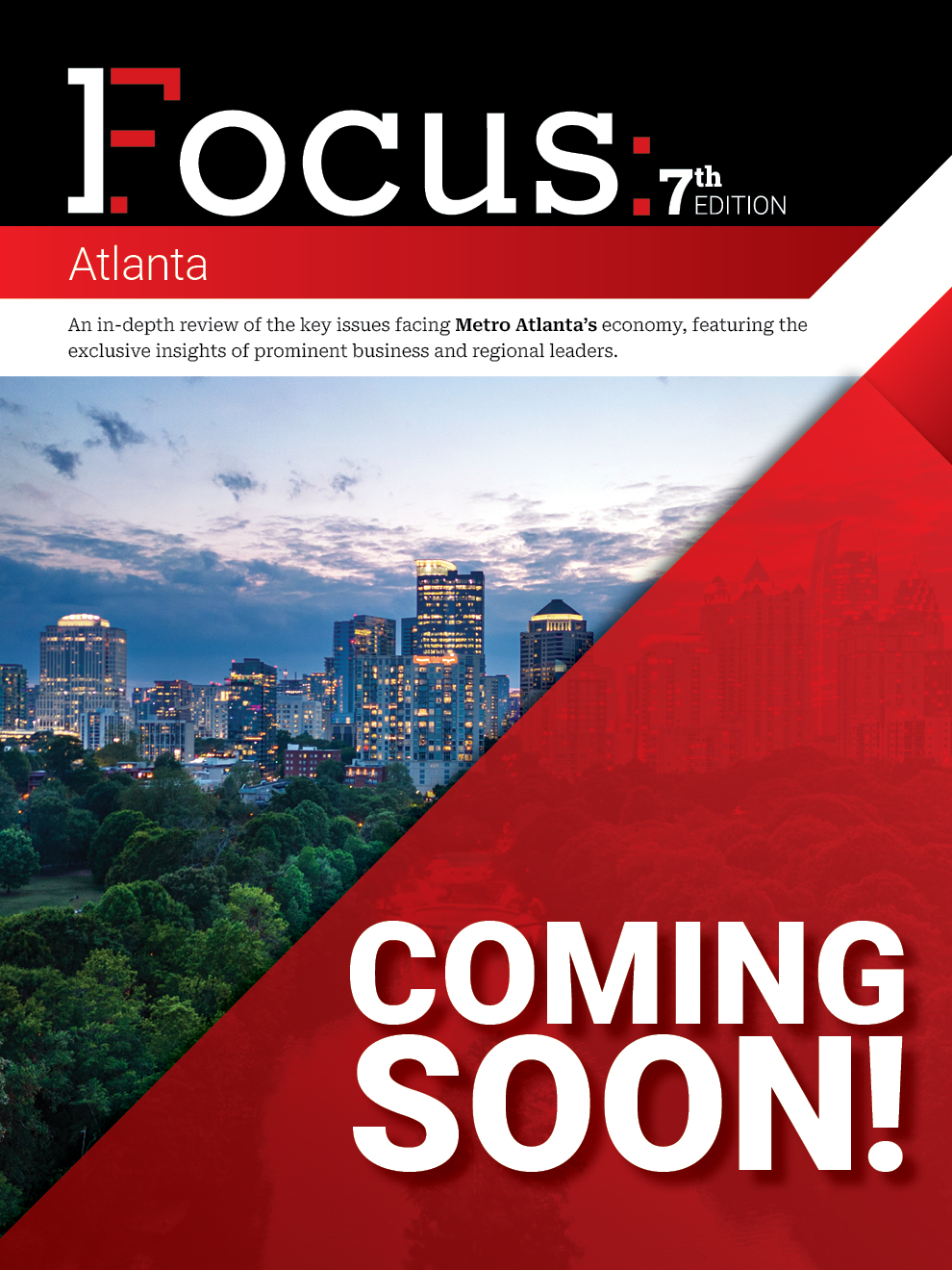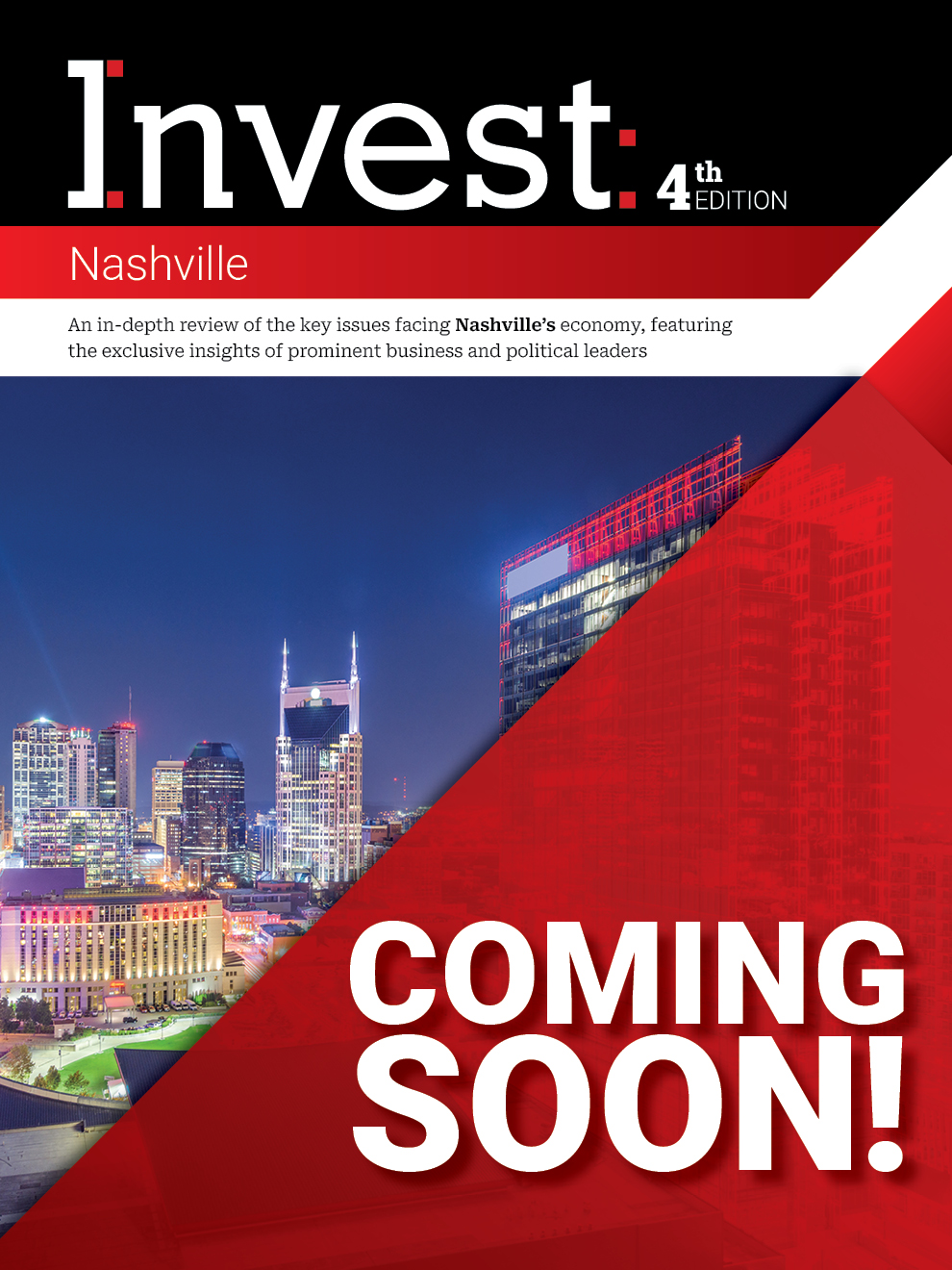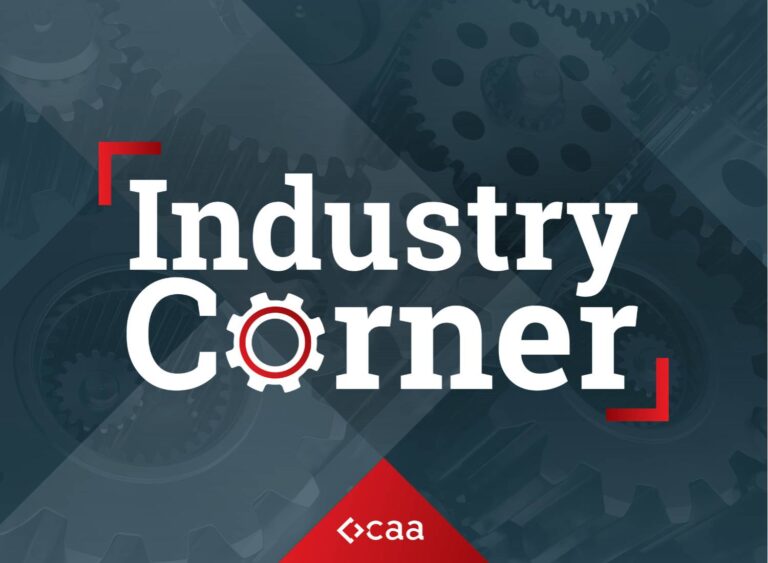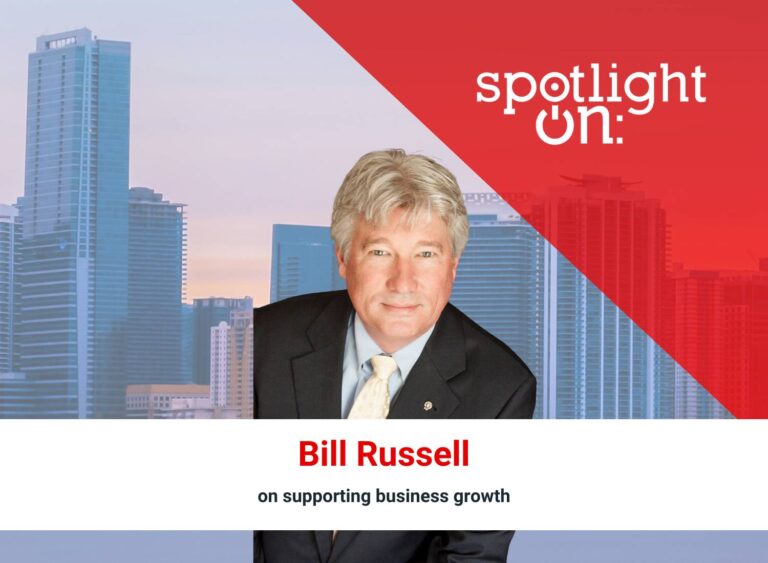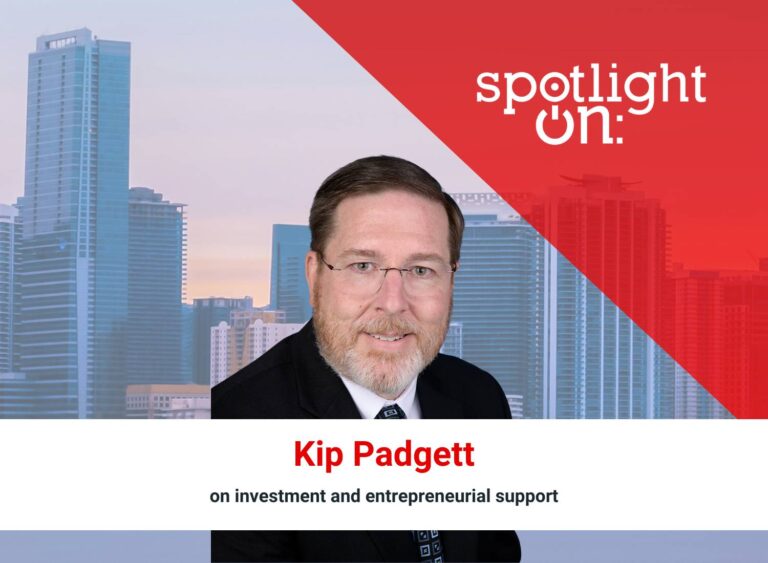Spotlight On: David Duckworth, Principal, Avison Young
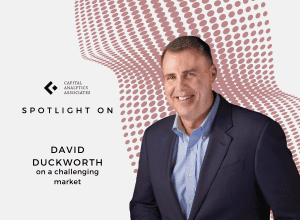
December 2024 — The real estate market is more bifurcated than ever before, according to David Duckworth, principal at Avison Young. “Industrial and trophy retail properties are attracting the most aggressive capital, while office and mall properties continue to face headwinds coming out of the pandemic,” Duckworth told Invest:.
What have been some key milestones or achievements for Avison Young in Fort Lauderdale?
We have seen an influx of bankruptcy and court-appointed sale work given our longstanding track record working on these unique transactions. This year, our team brokered the sale of a property located on the grounds of the Fort Lauderdale Executive Airport for $25.2 million and the sale of the defunct mall at 163rd street in Miami for $46 million on behalf of the courts. We also organized the sale of several industrial properties and large parcels of land for various clients.
Overall, it has been a challenging market, but we’ve been able to get numerous high-quality deals done. Heightened interest rates, limited debt availability and a very conservative buying pool due to the presidential election have culminated in significant headwinds across the industry.
How are interest rates and the economic landscape affecting your business?
Although the Federal Reserve has been lowering interest rates in recent months, the cuts have not trickled down into the debt market because it is generally priced on the 10-year treasury yield. While the interest rate cuts haven’t moved the needle physically, it has had a significant impact psychologically. The sense of ‘a light at the end of the tunnel’ has permeated across the industry.
The availability of debt is also a challenge for many. Smaller community banks are over-leveraged in real estate and are more conservative in their underwriting, making it a challenge to get conventional debt. The commercial mortgage-backed securities market has had a big year because that’s the lender of last resort in a lot of cases. For a quality property, the cap rate is going to be below the interest rate on the debt in most cases, creating negative leverage. It has to be a very special property to entice investors to take on negative leverage.
One green shoot we’re seeing is investors are more willing to accept negative leverage on both industrial and trophy retail assets because there are few opportunities to buy those assets and the competition is fierce.
I’ve been in the business for 25 years, and this is the first time where an industrial building is selling for more per square foot than a quality office building. Publix shopping centers are also commanding very aggressive pricing. The market has bifurcated itself more so than ever before; trophy retail centers and industrial properties are performing well while traditional malls and office properties are facing challenges. I do believe that as employers solidify their return to office plans, the office market will improve, but the cost of tenant buildouts has gotten prohibitive in many cases. South Florida boasts one of the strongest office markets in the country in terms of foot traffic according to Avison Young’s Office Busyness Index, which indicates it may be able to weather the proverbial downturn in pricing power.
Could you expand on some of the trends that you’re seeing in the urban office market?
There has been a flight to quality in the office market. We’ve seen companies look at how they can take on a smaller footprint but get a higher quality space in a more dynamic location to encourage employees to return to the office. A survey of Avison Young brokers in the South region found cafés/restaurants and walkability were the most important amenities to tenants. Submarkets with a greater mix of office and multifamily buildings are almost twice as likely to see above average rates of people visiting the office compared to predominantly business or residential districts in the last two years according to Avison Young data.
Business leaders are increasingly looking to bring their employees back to the office to ensure productivity and collaboration are at the highest level possible, while balancing quality of life and the positive aspects of remote work. We anticipate the narrative that ‘the office is dead’ will shift towards a more positive sentiment in the coming years and office buildings will see new life.
What are your expectations for Fort Lauderdale’s commercial real estate market over the next few years and what will be your top priorities in that time frame?
Right now, the market is in discovery mode after hitting record high levels in mid-late 2022. Not only is there a large bid/ask spread but the mindset of buyers and sellers has become significantly disconnected. Buyers generally believe that pricing is coming down if they wait, and sellers believe the lower interest rates will enhance their pricing if they wait. This has caused low transaction volume in 2023 and 2024, among the traditional headwinds such as heightened construction costs, skyrocketing insurance, etc. I believe that we will start to see some interest rate relief in 2025, which will decrease the bid/ask spread and allow transaction volume to ramp up.
We remain committed to serving as partners and advisors to our clients as they navigate this unique market.
For more information, please visit:

